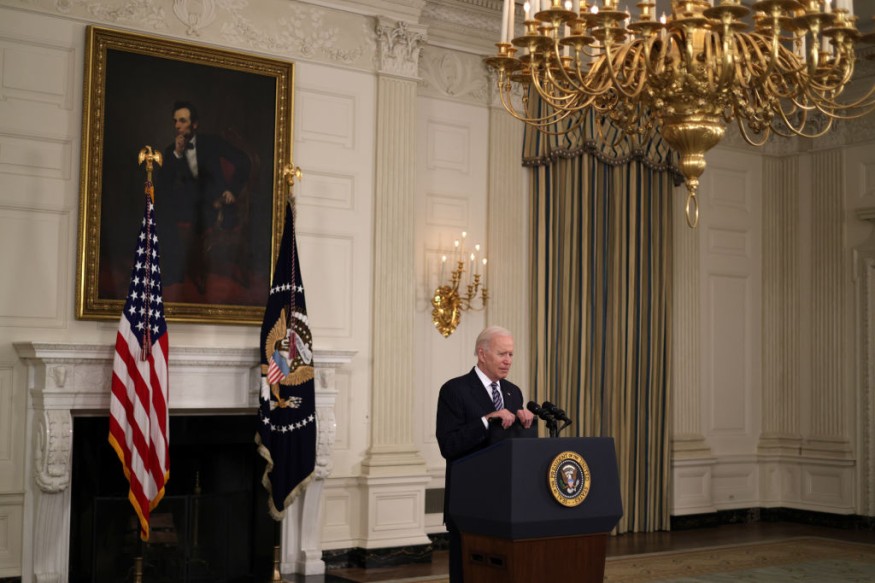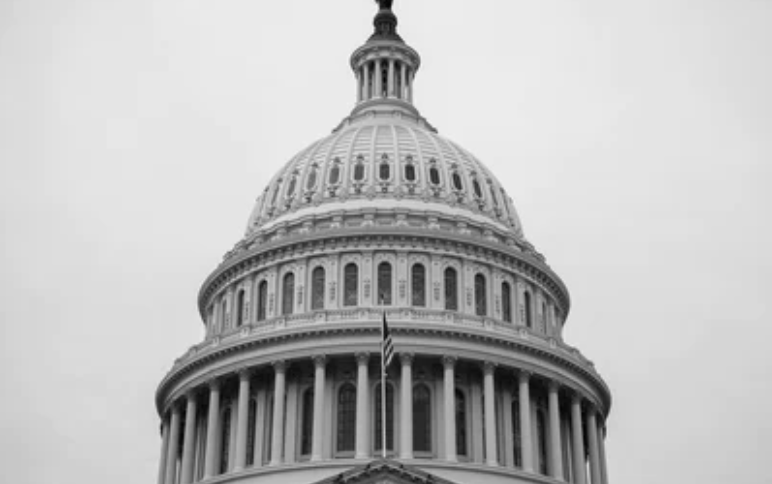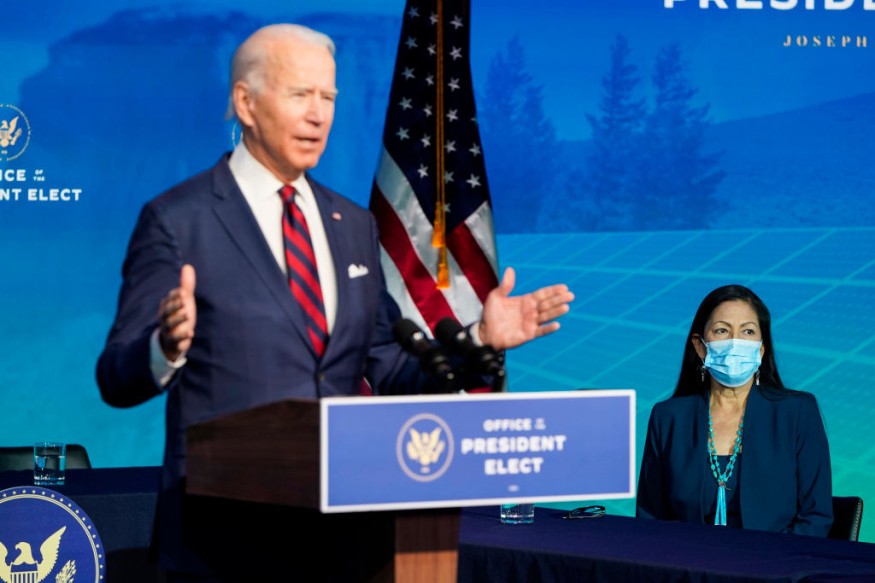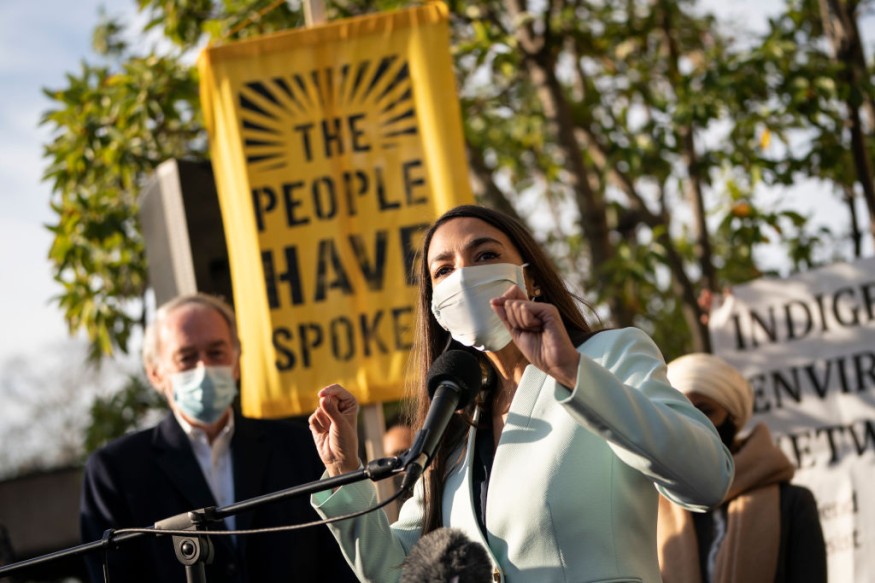President Donald Trump has spent the last four years trying to slash the budgets of federal departments that deal with climate change and the atmosphere.
Former President Barack Obama advocated canceling renewable energy research, reducing government funding for flood prevention, and consolidating key federal agencies. In 2019, he also went so far as to request that Congress cut support for the Environmental Protection Agency (EPA) by 31%, bringing it down to lows not seen since 1993.

President Joe Biden is now poised to take the exact opposite tack. The White House unveiled its "skinny budget" - a kind of fiscal outline for where the president plans to invest money in the coming year - just two weeks after Biden proposed his climate-friendly infrastructure proposal. (Consider it a budgetary allowance for government agencies.) And the $1.5 trillion plan is a far cry from the previous four years' proposals.
Biden's "CLIMATE" Action

Though Trump's 2020 budget outline did not use the term "climate" once, Biden's strategy does. It asks Congress for $14 billion from "nearly every agency" to advance renewable energy and achieve zero emissions by 2050 in the United States.
The president wants to spend $10 billion on renewable energy engineering and research, $1.7 billion on home and building energy conservation, and $600 million on electrifying government cars, including those used by the US Postal Service.
Related Article : Environmental Justice Goes Mainstream with Governmental Support
Astounding Budget
The budget further seeks to support institutions that were left in shambles under Trump's presidency. During the Trump presidency, the EPA lost almost 1,000 employees; the Biden administration expects to regain those jobs and increase EPA funding by 21%. The EPA would gain $11.2 billion if the budget is passed, which is more discretionary money than it has previously had.
In a tweet, Michelle Roos, the executive director of the Environmental Protection Network, a coalition of EPA alumni created in response to the Trump administration's environmental rollbacks, said, "We are really excited by the Biden administration's budget outline." "Because the EPA's spending has been declining or stagnant for decades, the proposed budget for 2022 is an outstanding first step toward restoring funds and improving the agency."
The White House is also indicating that Trump's "America First" foreign policy, which described his commitment (or the lack thereof) to climate change, is coming to an end. The Biden campaign urges Congress to support a $1.2 billion donation to the UN-backed Green Environment Fund, which helps developing countries respond to climate change and increase solar and wind power.
Even then, it's possible that's not enough: The United States has not made a contribution to the fund since 2017, and it owes $2 billion of its original $3 billion commitment. Experts also warn that the United States' new commitment is much too weak compared to what is needed.
Budget Allocation

And the budget has a long way to go. On top of President Biden's $2.3 trillion investment package and the $1.9 trillion American Rescue Plan Act, the $1.5 trillion budget for 2022 reflects a 16 percent rise in spending from 2021. And moderate Democrats can experience sticker shock as a result of all those zeroes piling up. The president's budget proposal is never fully adopted by Congress; instead, it serves as a focal point for negotiation and debate. That is why, amid President Trump's best intentions, some support for renewable energy research and the EPA was sustained under his presidency.
Greener Future

For now, though, President Biden's "whole-of-government" approach to combating climate change continues with the skinny budget. In a letter to Congress announcing the initiative, Shalanda Young, the acting director of the Office of Management and Budget, said, "Responding to the climate crisis depends on helping cities move to a cleaner future." "This is a time of opportunity as well as a time of crisis."
For more news update about Environmental Action, don't forget to follow Nature World News!
© 2025 NatureWorldNews.com All rights reserved. Do not reproduce without permission.





